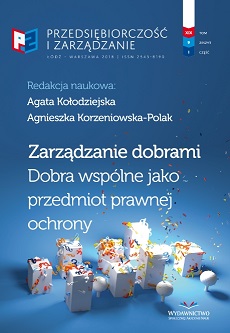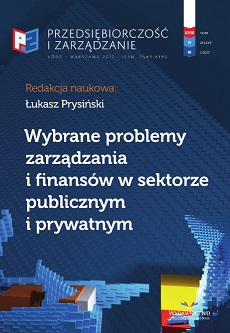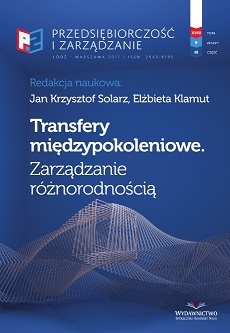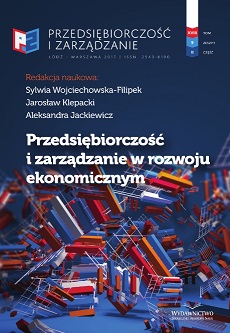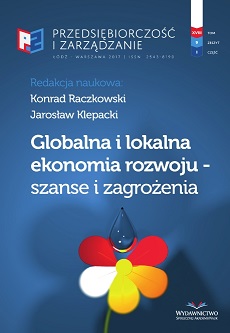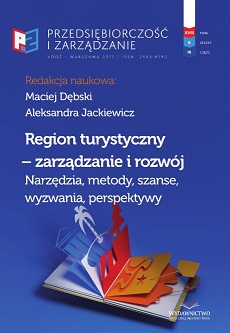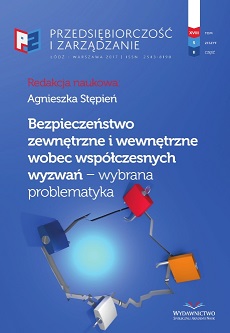
Zarządzanie funkcjonowaniem i rozwojem OSP poprzez zastosowanie kultury organizacyjnej w celu wzmocnienia bezpieczeństwa mieszkańców gmin
The aim of the article is to analyze the role of organizational culture in the operation of Volunteer Fire Brigades in communes. The article deals with the subject of managing the operation and development of the VFB in the analyzed area. As one of the factors of development, the factor of organizational culture was recognized. As a result of the analyzes carried out, the authors recognize that the result of the impact of the planned organizational culture is a greater strengthening of the safety of commune residents.
More...
